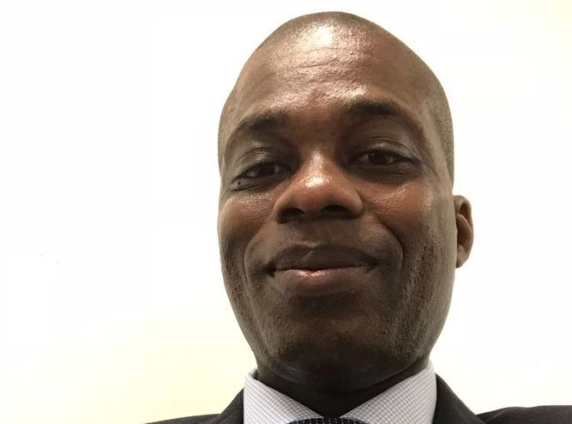Pharmacist and Research Fellow at the Centre for Democratic Development (CDD-Ghana), Dr. Kwame Sarpong Asiedu has explained why public officers, especially Article 71 office holders are reluctant to resign even when they engage in misconduct or abuse their office.
According to him, this is due to an ethical challenge on their part.
“That ethical standpoint is lost on us and it is lost on us because of our socio-cultural cultivation,” he said on Joy FM’s Super Morning Show, following the resignation of U.K Prime Minister, Boris Johnson.
He also believes that the development is because there is so much socio-cultural frowning on resigning.
He explained that since Article 71 officers do not only represent themselves, local authorities are likely to intervene and appeal on behalf of the officer who has been faulted.
He cited for instance, the case of the Health Minister, Kwaku Agyeman Manu, who was asked to resign following allegations that he breached procurement laws of Ghana.
Mr. Agyeman Manu was asked to resign over his botched procurement of 300,000 overpriced Russia Sputnik V vaccines from middlemen from UAE.
In spite of calls from the public on President Akufo-Addo to sack the Health Minister over the procurement breaches, Mr Asiedu Sarpong believes the Minister remained at post because there was an intervention of a sort.
“When you become an Article 71 office holder, you represent yourself primarily but you also represent a constituency culturally. So you’d see that the example of the Minister, the Paramount Chief of the area (where he hails from) most likely would go and beg (on his behalf) and horse trade,” he said.
He also mentioned that “it’s easier for people to call on others to resign when it’s not their family member, party member, or someone from their paramountcy involved. If you want to see these things just look at the tweets from 2013 to 2016 you realise that comments by key Ghanaians regarding Ghana’s decision to go to the IMF juxtaposed with how they speak today when people say the Finance Minister should resign is different.”
Latest Stories
-
Who becomes Mahama’s minister for Tourism, Arts and Culture?
37 minutes -
Dagbani Wikimedia User Group honours 11 Wikimedians for excellence in 2024
44 minutes -
Rebuilding of Kantamanto must meet fire safety standards – GNFS
54 minutes -
Centre for Social Justice applauds Mahama’s return as President
1 hour -
CDKN trains early career researchers on knowledge brokering, science communication
1 hour -
Council of State aspirant congratulates President Mahama on landmark victory
2 hours -
Punish ASP Jalil for assaulting DSP Nanka Bruce – Adam Bona to Mahama
2 hours -
Adam Bona raises concerns over sudden promotions at EOCO
2 hours -
Tanko Foundation celebrates yuletide with 1,500 patients and orphans in Volta region
2 hours -
What you need to know about HMPV
2 hours -
President John Mahama wishes Bawumia well in his endeavours
2 hours -
French far-right politician Jean-Marie Le Pen dies at 96
2 hours -
Judith Adjobah Blay, Citizen of Ellembelle writes; Where was the First Lady?
3 hours -
Tanko Foundation partners with Duamenefa Foundation to transform lives in Volta Region
3 hours -
Facebook and Instagram get rid of fact checkers
3 hours

